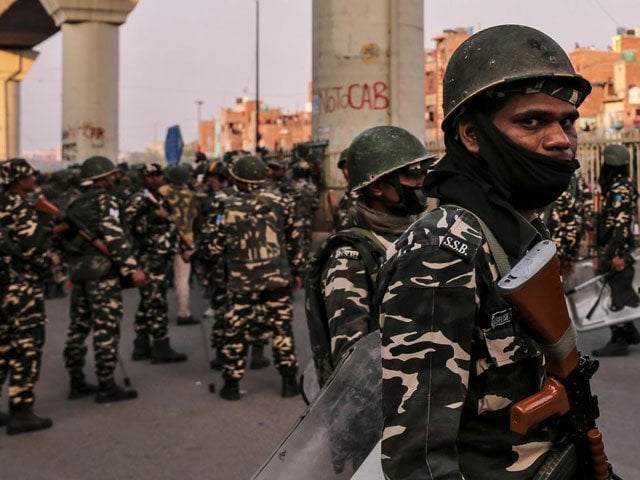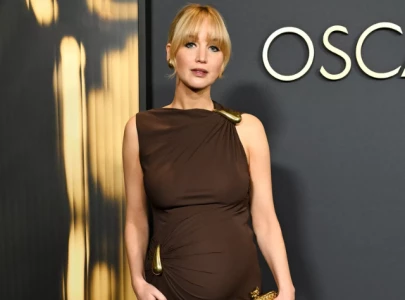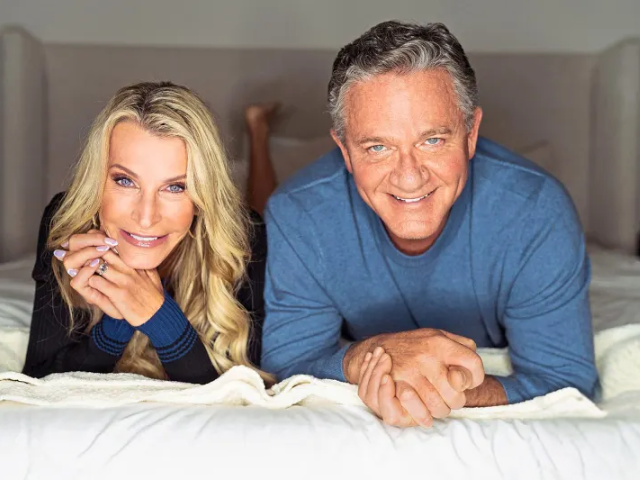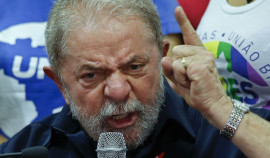
According to Indian media, 27 people died and nearly 200 others were wounded in the first two days of violence, the director of the hospital where people were taken, told AFP on Wednesday.
The hospital director added that at least 60 people had suffered gun shot wounds.
New Delhi’s Chief Minister Arvind Kejriwal has said the army should be called in and a curfew imposed in the affected areas of the capital to control the rampaging mobs.
I have been in touch wid large no of people whole nite. Situation alarming. Police, despite all its efforts, unable to control situation and instil confidence
— Arvind Kejriwal (@ArvindKejriwal) February 26, 2020
Army shud be called in and curfew imposed in rest of affected areas immediately
Am writing to Hon’ble HM to this effect
Police used tear gas and smoke grenades but struggled to disperse stone-throwing crowds.
Trump reiterates offer to mediate Kashmir dispute
The clashes, which coincided with a visit to India by US President Donald Trump, erupted early this week between thousands demonstrating for and against the new citizenship law introduced by Prime Minister Narendra Modi’s Hindu nationalist led government.
Critics say the law is biased against Muslims and undermines India’s secular constitution.
Kejriwal, who visited the Guru Teg Bahadur Hospital, earlier pleaded for the "madness to stop", according to PTI.
Delhi Police spokesperson Mandeep Randhawa called on locals "not to take the law in their own hands".
Delhi: Latest visuals from Maujpur, Seelampur and Gokulpuri. Security personnel deployed in these areas. #NortheastDelhi pic.twitter.com/wPoPwsnDDH
— ANI (@ANI) February 26, 2020
National Home Minister Amit Shah, whose ministry controls law and order in the capital region, met with senior Delhi government officials and promised to deploy more police if they were needed, Kejriwal added.
National Security Adviser Ajit Doval was also in Delhi's Seelampur district to inspect the area after the outbreak of violence, India Today television channel reported.
Broadcaster NDTV said three of its reporters and a cameraman were attacked by a mob on the northeastern fringe of the city of 20 million people.
"There is hardly any police presence in the area. Rioters are running around threatening people, vandalising shops," said a resident of the poor, migrant neighbourhood of Maujpur.
At Jaffrabad, one of the poorest neighbourhoods on the fringes of Delhi and home to shanty colonies, an AFP reporter saw locals turn off their lights and lock their doors amid a massive police presence.
Police manning barricades said mobs in the area were threatening journalists and that their officers had come under attack.
"People are killing (each other). Bullets are being fired here," said a tailor in Jaffrabad, adding that he was returning home to his village in northern Uttar Pradesh state.
"There is no work... It is better to leave than to stick around here. Why would we want to die here?"
The new citizenship law has raised worries abroad - including in Washington - that Modi wants to remould secular India into a Hindu nation while marginalising the country's 200 million Muslims, a claim he denies.
Twitterati erupt in anger after photo of brutally beaten Muslim protester in Delhi goes viral
After meetings with Modi, Trump said on Tuesday that the riots were an 'internal matter' for India.
As Air Force One flew President Trump and his delegation out of New Delhi late on Tuesday, Muslim families huddled in a mosque in a northeast corner of the city, praying Hindu mobs wouldn't burn it down.
Global rights group Amnesty International tweeted that "political leaders in India who are fuelling hatred and creating a violent environment by making hate speeches must be immediately held accountable".


1732085354-0/insta-(1)1732085354-0-165x106.webp)

1725366721-0/kyle-(1)1725366721-0-165x106.webp)
1732085354-0/insta-(1)1732085354-0-270x192.webp)











COMMENTS
Comments are moderated and generally will be posted if they are on-topic and not abusive.
For more information, please see our Comments FAQ